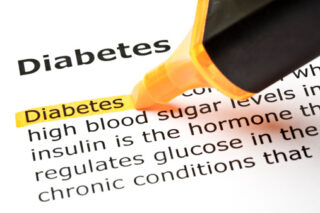Risk of a second cancer after early breast cancer is low
Findings are reassuring for patients and should be shared widely For women diagnosed with early breast cancer, the long-term risk of developing a second primary cancer is low (around 2-3% greater than women in the general population), finds a study published by The BMJ today. The researchers say this information can help ...











